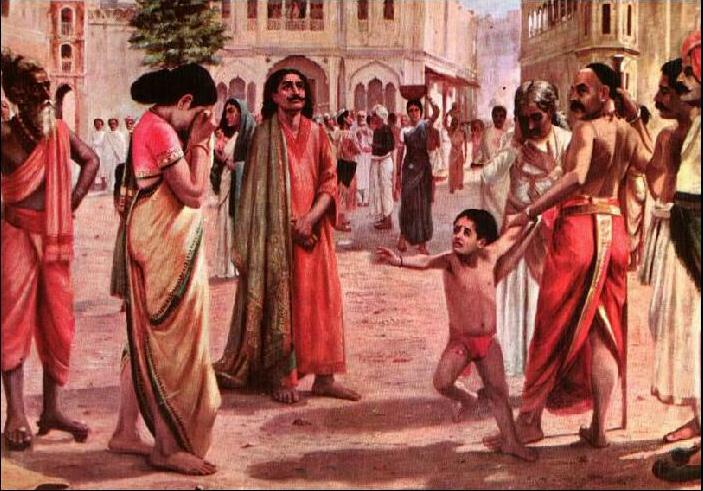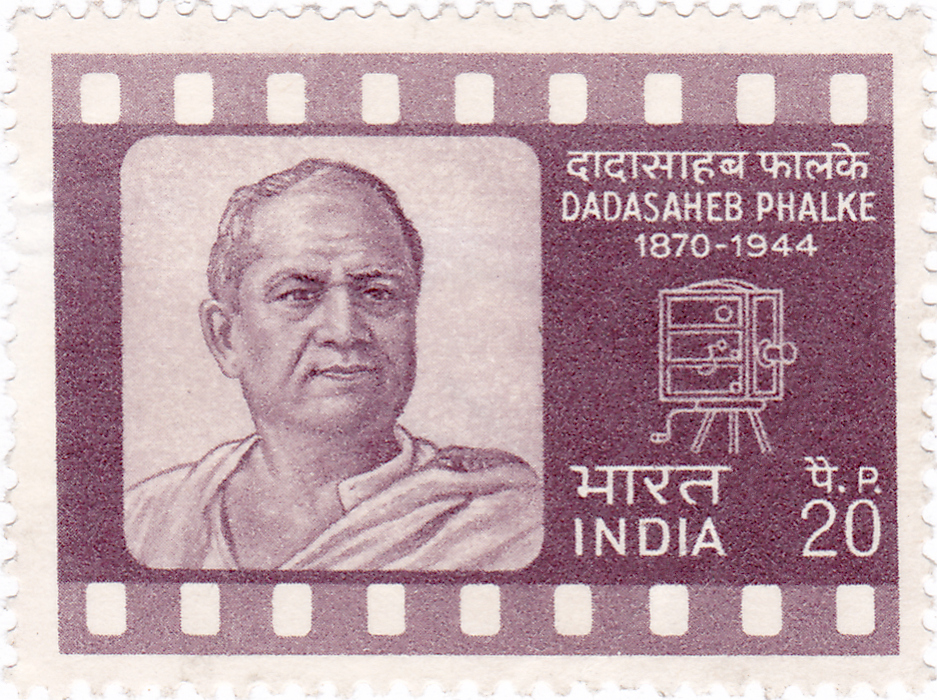|
D. D. Dabke
D. D. Dabke or Dattatraya Damodar Dabke was an actor in the first ever Indian full length silent film '' Raja Harishchandra'', directed by Dadasaheb Phalke Dhundiraj Govind Phalke (Pronunciation: Help:IPA/Marathi, ̪ʱuɳɖiɾaːd͡ʒ pʰaːɭke, popularly known as Dadasaheb Phalke (30 April 1870 – 16 February 1944), was an Indian producer-director-screenwriter, known as "the Father of Indian ... in 1913. He co-starred with Anna Salunke. He acted in three more movies ''Satyavadi Raja Harishchandra'' (1917), ''Lanka Dahan'' (1917), ''Shri Krishna Janma'' (1918) and later became a cinematographer, as well as a director. He directed the 1924 remake of ''Raja Harishchandra'' References Indian male silent film actors 20th-century Indian male actors 1885 births 1946 deaths Male actors from British India {{India-film-actor-stub ... [...More Info...] [...Related Items...] OR: [Wikipedia] [Google] [Baidu] |
Actor
An actor (masculine/gender-neutral), or actress (feminine), is a person who portrays a character in a production. The actor performs "in the flesh" in the traditional medium of the theatre or in modern media such as film, radio, and television. The analogous Greek term is (), literally "one who answers".''Hypokrites'' (related to our word for Hypocrisy, hypocrite) also means, less often, "to answer" the Tragedy, tragic Greek chorus, chorus. See Weimann (1978, 2); see also Csapo and Slater, who offer translations of classical source material using the term ''hypocrisis'' (acting) (1994, 257, 265–267). The actor's interpretation of a rolethe art of acting pertains to the role played, whether based on a real person or fictional character. This can also be considered an "actor's role", which was called this due to scrolls being used in the theaters. Interpretation occurs even when the actor is "playing themselves", as in some forms of experimental performance art. Formerly, in an ... [...More Info...] [...Related Items...] OR: [Wikipedia] [Google] [Baidu] |
Cinematographer
The cinematographer or director of photography (sometimes shortened to DP or DOP) is the person responsible for the recording of a film, television production, music video or other live-action piece. The cinematographer is the chief of the camera and light film crew, crews working on such projects. They would normally be responsible for making artistic and technical decisions related to the image and for selecting the camera, film stock, photographic lens, lenses, filter (photography), filters, etc. The study and practice of this field are referred to as ''cinematography''. The cinematographer is a subordinate of the film director, director, tasked with capturing a scene in accordance with the director's vision. Relations between the cinematographer and director vary. In some instances, the director will allow the cinematographer complete independence, while in others, the director allows little to none, even going so far as to specify exact camera placement and lens selection. Suc ... [...More Info...] [...Related Items...] OR: [Wikipedia] [Google] [Baidu] |
Film Director
A film director or filmmaker is a person who controls a film's artistic and dramatic aspects and visualizes the screenplay (or script) while guiding the film crew and actors in the fulfillment of that Goal, vision. The director has a key role in choosing the Casting (performing arts), cast members, production design and all the creative aspects of filmmaking in cooperation with the Film producer, producer. The film director gives direction to the cast and crew and creates an overall vision through which a film eventually becomes realized or noticed. Directors need to be able to mediate differences in creative visions and stay within the budget. There are many pathways to becoming a film director. Some film directors started as screenwriters, cinematographers, Film producer, producers, Film editing, film editors or actors. Other film directors have attended film school. Directors use different approaches. Some Outline (list), outline a general plotline and let the actors impro ... [...More Info...] [...Related Items...] OR: [Wikipedia] [Google] [Baidu] |
British Raj
The British Raj ( ; from Hindustani language, Hindustani , 'reign', 'rule' or 'government') was the colonial rule of the British The Crown, Crown on the Indian subcontinent, * * lasting from 1858 to 1947. * * It is also called Crown rule in India, * * * * or direct rule in India. * Quote: "Mill, who was himself employed by the British East India company from the age of seventeen until the British government assumed direct rule over India in 1858." * * The region under British control was commonly called India in contemporaneous usage and included areas directly administered by the United Kingdom of Great Britain and Ireland, United Kingdom, which were collectively called ''Presidencies and provinces of British India, British India'', and areas ruled by indigenous rulers, but under British British paramountcy, paramountcy, called the princely states. The region was sometimes called the Indian Empire, though not officially. As ''India'', it was a founding member of th ... [...More Info...] [...Related Items...] OR: [Wikipedia] [Google] [Baidu] |
Raja Harishchandra
''Raja Harishchandra'' () is a 1913 Indian silent film directed and produced by Dadasaheb Phalke. It is often considered the first full-length Indian feature film. ''Raja Harishchandra'' features Dattatraya Damodar Dabke, Anna Salunke, Bhalchandra Phalke and Gajanan Vasudev Sane. It is based on the legend of Harishchandra, with Dabke portraying the title character. The film, being silent, had English, Marathi, and Hindi-language intertitles. Phalke decided to make a feature film after watching '' The Life of Christ'' (1906) at a theatre in Bombay in April 1911. In February 1912, he went to London for two weeks to learn filmmaking techniques and upon return founded Phalke Films Company. He imported the hardware required for filmmaking and exhibition from England, France, Germany, and the United States. Phalke shot a short film ''Ankurachi Wadh'' (''Growth of a Pea Plant'') to attract investors for his venture. He published advertisements in various newspapers calling for the ... [...More Info...] [...Related Items...] OR: [Wikipedia] [Google] [Baidu] |
Dadasaheb Phalke
Dhundiraj Govind Phalke (Pronunciation: Help:IPA/Marathi, [d̪ʱuɳɖiɾaːd͡ʒ pʰaːɭke]), popularly known as Dadasaheb Phalke (30 April 1870 – 16 February 1944), was an Indian producer-director-screenwriter, known as "the Father of Indian cinema". His debut film, ''Raja Harishchandra'', was the first Indian movie released in 1913, and is now known as India's first full-length mythological feature film. He made 94 feature-length films and 27 short films in his career, spanning 19 years until 1937, including his most noted works: ''Mohini Bhasmasur'' (1913), ''Satyavan Savitri'' (1914), ''Lanka Dahan'' (1917), ''Shri Krishna Janma'' (1918) and ''Kaliya Mardan'' (1919). In his honour, the Dadasaheb Phalke Award was instituted as highest honorary award under the National Film Awards by the Government of India. Early life and education Dhundiraj Phalke was born on 30 April 1870 at Trimbak, Bombay Presidency into a Marathi language, Marathi-speaking Chitpavan Brahmin family. H ... [...More Info...] [...Related Items...] OR: [Wikipedia] [Google] [Baidu] |
Anna Salunke
Anna Hari Salunke (-1944), also known as A. Salunke and Annasaheb Saluke, was an Indian actor who performed female roles in very early Indian cinema and also a cinematographer. He is the first person to perform as a heroine in Indian cinema when he played the role of Queen Taramati in Dada Saheb Phalke's first full-length film, ''Raja Harishchandra'' (1913). In 1917, Salunke became the first to play a double role in Indian cinema, by playing the roles of both the hero and heroine in ''Lanka Dahan''. Career Salunke portrayed the heroine in ''Raja Harishchandra'' (1913), the first full-length Indian feature film. He played the role of Queen Taramati, the consort of king Harishchandra, whose tale is told in Hindu mythology. Salunke worked as a cook or waiter in a restaurant on Grant Road, Mumbai, frequented by Dhundiraj Govind Phalke (Dadasaheb Phalke), the director and producer of the film. Phalke could not find a woman who agreed to act in the film; even prostitutes and danci ... [...More Info...] [...Related Items...] OR: [Wikipedia] [Google] [Baidu] |
Indian Male Silent Film Actors
Indian or Indians may refer to: Associated with India * of or related to India ** Indian people ** Indian diaspora ** Languages of India ** Indian English, a dialect of the English language ** Indian cuisine Associated with indigenous peoples of the Americas * Indigenous peoples of the Americas ** First Nations in Canada ** Native Americans in the United States ** Indigenous peoples of the Caribbean ** Indigenous languages of the Americas Places * Indian, West Virginia, U.S. * The Indians, an archipelago of islets in the British Virgin Islands Arts and entertainment Film * ''Indian'' (film series), a Tamil-language film series ** ''Indian'' (1996 film) * ''Indian'' (2001 film), a Hindi-language film Music * Indians (musician), Danish singer Søren Løkke Juul * "The Indian", an unreleased song by Basshunter * "Indian" (song), by Sturm und Drang, 2007 * "Indians" (song), by Anthrax, 1987 * Indians, a song by Gojira from the 2003 album '' The Link'' Other uses ... [...More Info...] [...Related Items...] OR: [Wikipedia] [Google] [Baidu] |
1885 Births
Events January * January 3– 4 – Sino-French War – Battle of Núi Bop: French troops under General Oscar de Négrier defeat a numerically superior Qing Chinese force, in northern Vietnam. * January 17 – Mahdist War in Sudan – Battle of Abu Klea: British troops defeat Mahdist forces. * January 20 – American inventor LaMarcus Adna Thompson patents a roller coaster. * January 24 – Irish rebels damage Westminster Hall and the Tower of London with dynamite. * January 26 – Mahdist War in Sudan: Troops loyal to Mahdi Muhammad Ahmad conquer Khartoum; British commander Charles George Gordon is killed. February * February 5 – King Leopold II of Belgium establishes the Congo Free State, as a personal possession. * February 9 – The first Japanese arrive in Hawaii. * February 16 – Charles Dow publishes the first edition of the Dow Jones Industrial Average. The index stands at a level of 62.76, and r ... [...More Info...] [...Related Items...] OR: [Wikipedia] [Google] [Baidu] |
1946 Deaths
1946 (Roman numerals, MCMXLVI) was a common year starting on Tuesday of the Gregorian calendar, the 1946th year of the Common Era (CE) and ''Anno Domini'' (AD) designations, the 946th year of the 2nd millennium, the 46th year of the 20th century, and the 7th year of the 1940s decade. Events January * January 6 – The 1946 North Vietnamese parliamentary election, first general election ever in Vietnam is held. * January 7 – The Allies of World War II recognize the Austrian republic with its 1937 borders, and divide the country into four Allied-occupied Austria, occupation zones. * January 10 ** The first meeting of the United Nations is held, at Methodist Central Hall Westminster in London. ** ''Project Diana'' bounces radar waves off the Moon, measuring the exact distance between the Earth and the Moon, and proves that communication is possible between Earth and outer space, effectively opening the Space Age. * January 11 – Enver Hoxha declares the People's Republic ... [...More Info...] [...Related Items...] OR: [Wikipedia] [Google] [Baidu] |







